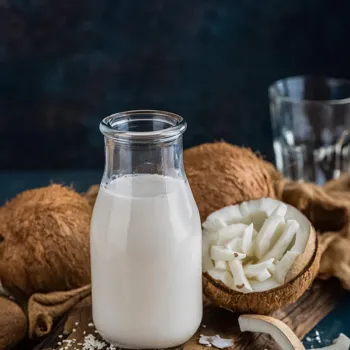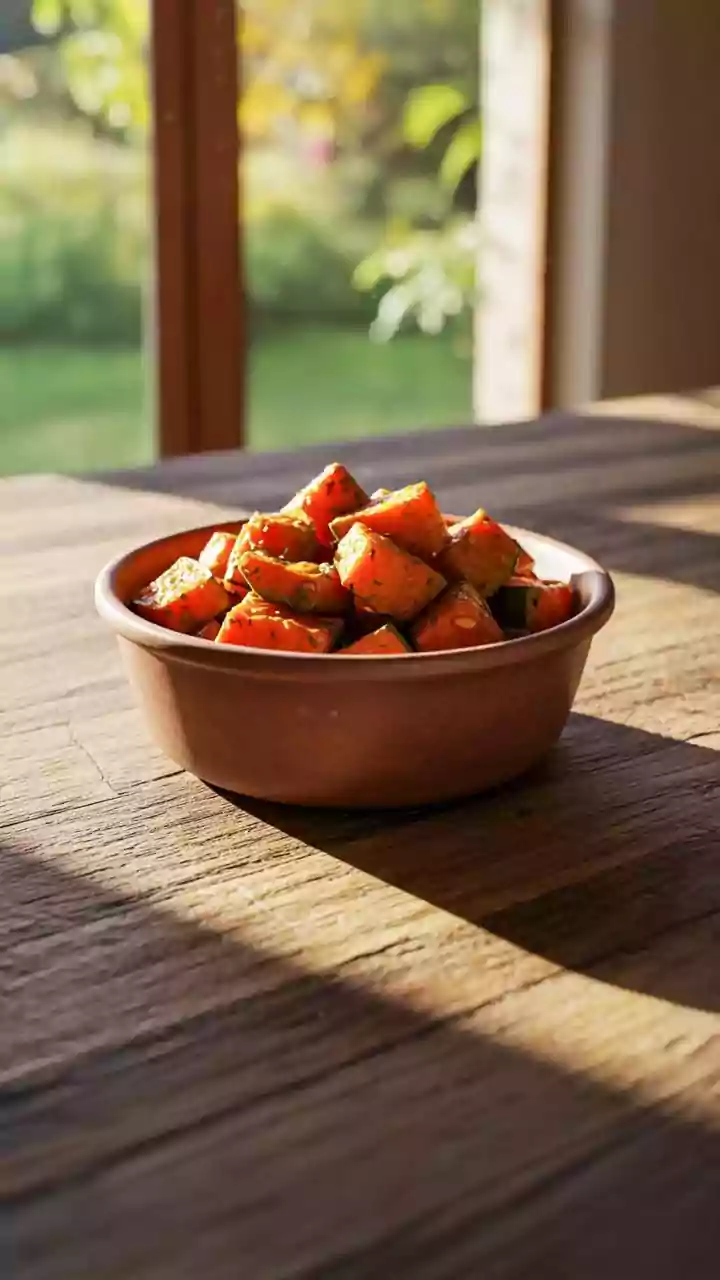Discover the key to good health with a balanced meal plan. Learn how to fuel your body right for a healthier you!
In today's busy world, we are always running around, juggling work, family, and social life.
It's easy to grab a quick snack or order takeaway, but these choices might not be the best for our health in the long run. Creating a balanced meal plan is like building a strong foundation for your body.
It's about giving your body the right fuel to function at its best, keeping you energetic, focused, and protected from illnesses.
A well-planned diet ensures you get all the necessary nutrients like vitamins, minerals, and antioxidants, which are very essential for overall health and a sense of well being.
Maintaining a balanced diet: tips for success
Maintaining a balanced diet doesn't have to be a difficult task. Once one gets the hang of it, it's no tough deal. Firstly, understand the basics of what constitutes a balanced diet for you while taking into account the unique needs of your body.
Secondly, create a meal plan, don't just think of it as some chart, but as your ticket to good health. Thirdly, stick to and be disciplined towards your meal plan.
Fourthly, do make it a point to evaluate your meal plan weekly or monthly and bring about changes in it to make it adaptable and more fun. A balanced meal is not about restrictions; nor is it about missing out on your favorite foods or being on a super strict diet plan.
It's all about smart choices, portion control, and ensuring you get a variety of nutrients from different food groups. So, let's dive into how you can create a balanced meal plan that works for you and paves the way for a healthier, happier you.
Start balanced meal plan with fruits, veggies, grains, protein, dairy
To make a balanced meal plan, start with the basics: fruits, vegetables, grains, protein, and dairy or non-dairy alternatives. Each food group plays a unique role in keeping your body healthy. Aim to fill half your plate with colorful vegetables and fruits like spinach, carrots, apples, and bananas.
These are packed with vitamins, minerals, and fiber, which helps in digestion and keeps you feeling full. Now, let’s see how we can make our balanced meal plan. Begin with fruits and vegetables as these contains vitamins, minerals and fiber.
Make sure to add whole grains for energy, along with some protein from lentils, beans or tofu. Adding some dairy or non-dairy alternatives for calcium and vitamin D is also very important.
Try and plan your meals for a week, including breakfast, lunch, dinner, and snacks, and stick to the schedule as much as possible.
Opt for whole grains rich in fiber for sustained energy and better digestion
Next up we have grains. Opt for whole grains like brown rice, whole wheat bread, oats, and quinoa. These are rich in fiber, which helps regulate blood sugar levels and keeps you feeling full for longer. They also provide sustained energy throughout the day.
Don’t just eat for the taste, eat by giving first importance to the nutrient value. Fiber is a good thing for our digestive system. Our breakfast, lunch, and dinner, must include a source of whole grains not just for taste but for healthy fiber.
Quinoa is an excellent choice along with brown rice, and whole-wheat bread. Plan ahead for your whole day meals. This will ensure that we resist the urge to grab that tempting junk food. Preparation is the key.
Do the chopping, cutting that is required for the full day to cut down on time spent in meal preparation.
Include vegetarian protein sources in meals for energy and fullness
Now, let's talk about protein. Include vegetarian protein sources like lentils, chickpeas, kidney beans, tofu, and paneer in your meals. Protein is essential for building and repairing tissues, so it's important to have enough of it in your diet.
Plus, protein-rich foods can help you feel more satisfied after meals, reducing the urge to overeat. Protein is important for energy. So that you aren't feeling low after meals, and your body is at its best.
Vegeterian sources of protein like chickpeas, lentils, beans are a great way to keep yourself happy and feeling energetic. Try to include your vegetables with your meals to keep you full and avoid feeling hungry. Try to use natural means to satiate yourself, rather than reaching for junk food.
Include dairy or non-dairy for bone health, drink water
Finally, consider adding dairy or non-dairy alternatives to your meal plan. Milk, yogurt, and cheese are good sources of calcium and vitamin D, which are important for bone health. If you prefer non-dairy options, choose fortified plant-based milk like almond milk, soy milk, or oat milk.

Don't forget to drink plenty of water throughout the day to stay hydrated. Water helps with digestion, nutrient absorption, and overall bodily functions. It washes down any unwanted and harmful toxins from our body.
Milk, cheese, and yogurt are good sources of calcium thus improving your bone health. So adding these to your diet is a great choice. Also remember to drink plenty of water, so that you are hydrated. Dehydration is a common problem. Water helps with the absorption of nutrients too.




















